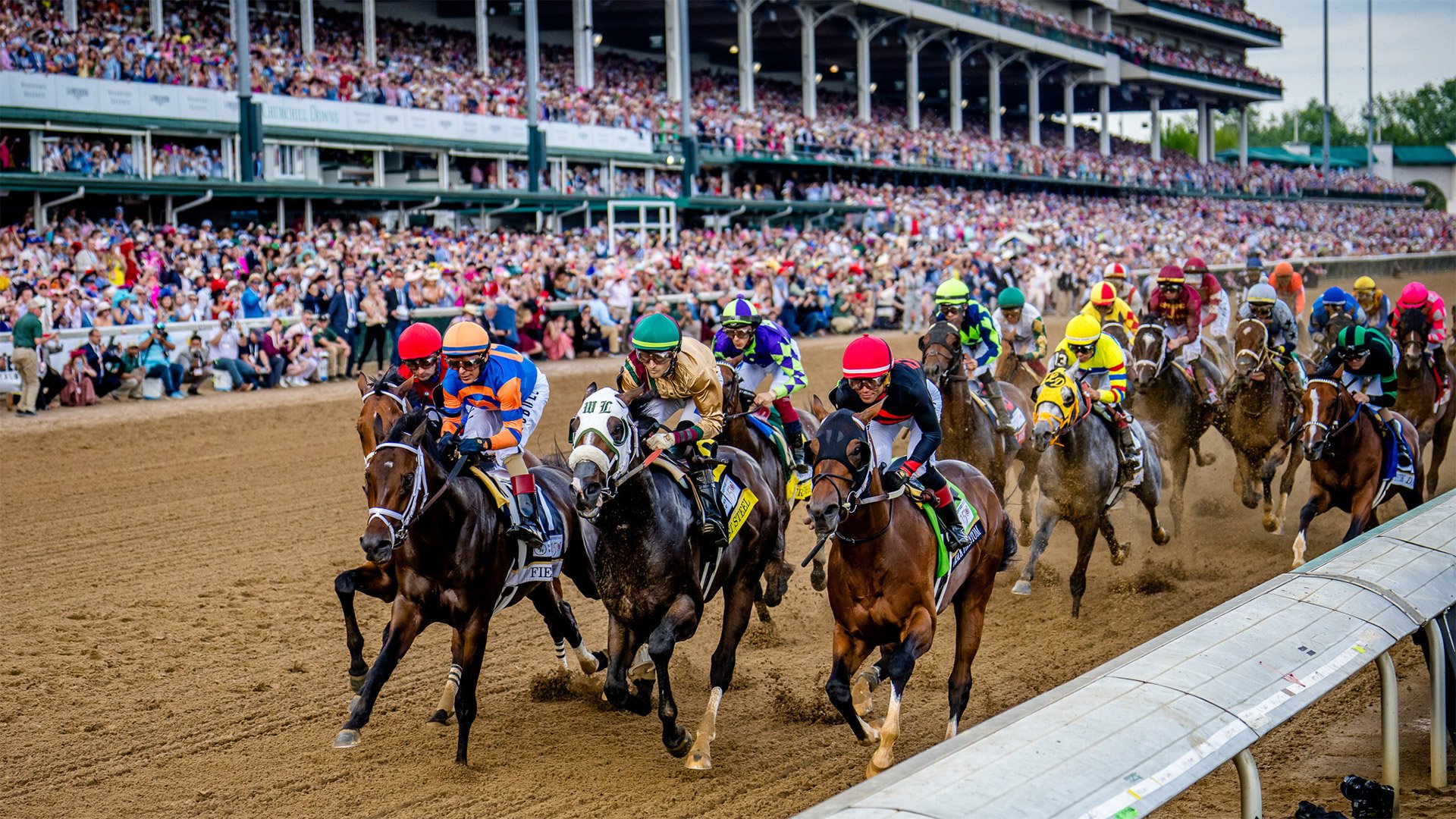Churchill Downs, NYRA sue new national body regulating the horseracing sector

Churchill Downs Inc. (CDI) and the New York Racing Association (NYRA) have sued the Horseracing Integrity and Safety Authority (HISA), a new national body regulating the horseracing sector, and others in a Kentucky federal district court.
Churchill Downs, which conducts the Kentucky Derby and other racing activities, and NYRA, which operates New York's three largest thoroughbred tracks (Aqueduct Racetrack, Belmont Park and Saratoga Race Course), contend that HISA's actions violate the U.S. Constitution and the Administrative Procedure Act.
Other defendants include board members of HISA, a private regulatory organization that Congress vested with the power to oversee the sport, the Federal Trade Commission, which reviews HISA proposed rules and regulations, and FTC commissioners.
Central to CDI and NYRA's complaint is HISA's alleged threat to bar them from conducting any horseracing "until they pay [HISA] millions of dollars in illegally imposed fees," reports Sportico. HISA has responded by contending CDI and NYRA "have refused to comply" with a rule that the FTC approved, and asserted it will "aggressively defend itself" against the lawsuit.
HISA's role in the horse racing sector under crticism
While federal oversight related to horseracing has traditionally been minimal in the US, President Donald Trump's signing of the HISA Act into law in 2020 harshly changed the landscape. The Act, which enjoyed bipartisan support, sought to introduce uniform standards related to anti-doping, medication control, racetrack safety and other aspects of racing, promoting the integrity of the sport.
However, the creation of HISA has attracted its fair share of criticism, with many in the sector arguing the adopted standards undermine safety and efficacy goals and unreasonably remove state autonomy over a sport that states have long overseen. The Act also places the burden of funding HISA on states through annual fee assessments.
In its 51-page complaint, Churchill Downs and NYRA contend HISA failed to follow the Act by assessing fees mainly on total prize money paid to race winners (i.e. a racetrack’s purse) instead of on a state’s share of racing starts. The complaint notes that in 2022, a federal court in Louisiana found this purse-based structure to likely violate the Act since it doesn’t mention the use of purses for determining fees.
The plaintiffs also argue that HISA is statutorily obligated to bring enforcement actions by successfully suing in federal court—meaning it must persuade a court that it is in the right. However, CDI and NYRA argue that HISA has instead used its own in-house enforcement process to conclude the two racing entities owe millions of dollars and face bans, fines and other punishments.
Churchill Downs and NYRA further claim HISA has violated Article III of the Constitution, which doesn’t authorize Congress to delegate to agencies the adjudication of cases involving matters of private right. The plaintiffs argue that since HISA is a private corporation, and since it threatens to prohibit Churchill Downs and NYRA from conducting horse races, the dispute must be heard in a court.
HISA is also accused in the complaint of violating the private non-delegation doctrine. This constitutional principle generally prohibits Congress from delegating regulatory authority to private entities, and where a private entity is part of a government regulatory program, government oversight must be substantial. HISA is a private entity that is acting without meaningful government checks while enforcing impermissible rules, Churchill Downs and NYRA say.
Lastly, Churchill Downs and NYRA claim the defendants have violated the Due Process Clause of the Fifth Amendment, which guarantees that no person shall be deprived of life, liberty, or property without due process of law.
HISA's response to the suit
For its part, HISA contends that Churchill Downs and the NYRA have failed to comply with the FTC-approved Assessment Methodology Rule, which “was created to properly and equitably allocate the costs of HISA’s operations to state racing commissions and/or covered persons involved with covered horse races.”
HISA adds that Churchill Downs and NYRA “are the only two racing organizations subject to this rule that have refused to remit their share of fees," reports Sportico. HISA CEO Lisa Lazarus said that the FTC approved the rule only after “thorough consideration” and “many opportunities for input from racing participants.”
In the weeks ahead, attorneys for HISA and the other defendants are expected to formally rebut the plaintiffs’ claims and seek their dismissal. Given that federal circuits have offered conflicting rulings on the HISA Act, experts believe the case could ultimately attract the attention of the U.S. Supreme Court.















































